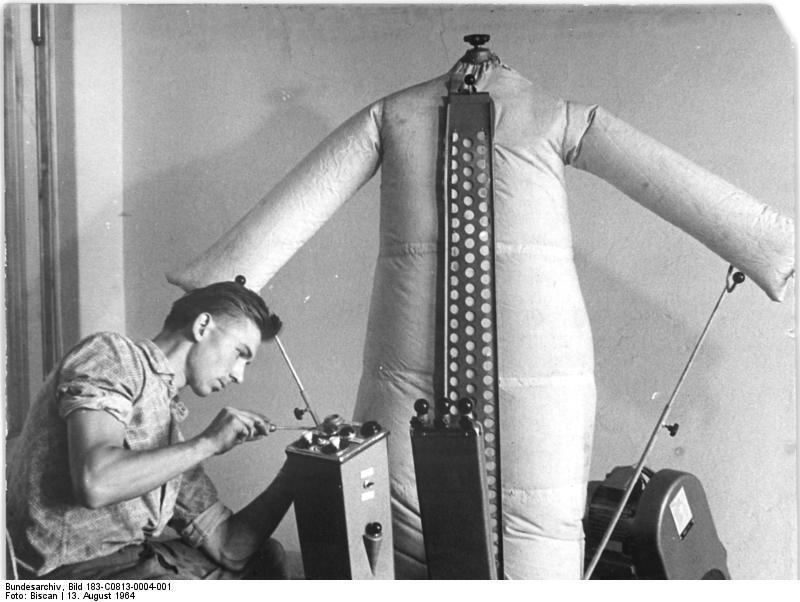The early promise of PCs in the 1970s, in the heyday of the Homebrew Computer Club, was that the individual would be master of the technology, not that we would queue up for “improved” iPhones handed down to us by a gigantic corporation every six months. Chris Anderson thinks the spirit of the Homebrew is regaining prominence and will be the future of American manufacturing. From Farhad Manjoo in Slate:
“As Anderson describes it, the new movement is built on three technological and social advances. First, there’s ‘rapid prototyping.’ Today you can design your world-changing widget on a computer, instantly make it real on a 3-D printer, and then go back to the drawing board to refine it. Second, because your designs are all standard CAD files, you can share them with others and borrow other people’s designs, allowing for everyone to improve their widgets through remixing. Finally, when you’ve perfected your widget, you can take advantage of firms like Kickstarter to raise money, then send your designs to commercial manufacturers that will produce your widget in bulk—even if bulk, for you, means you’re making only a few thousand of them.
When I chatted with Anderson recently, I asked him about the timeline of his vision. He thinks the maker movement is around where the PC industry was in the mid-1980s—somewhere between the release of the Apple II and the Mac, between a computer that was popular with hobbyists and one that was meant for everyone. Soon, we’ll have 3-D printers that cost about the same as paper printers, we’ll have 3-D design software that’s as easy to use as iMovie, and making physical things will take on the kind of cultural significance that making digital things did in the first dot-com boom. At that point, we’ll notice the products around us begin to change, Anderson says. A lot of what you’ll buy will still come from large companies that make mass-manufactured goods, but an increasing number of your products will be produced by ‘industrial artisans.’ These artisans will produce goods aimed for niche audiences—perhaps you’re a gardener who needs a specific kind of sprinkler head, or maybe you want computer speakers shaped like Mount Rushmore. Because they’ll be able to sell anywhere, and because their goods will command higher prices that mass-manufactured stuff, artisans will be able to build thriving small businesses from their inventions.”
•••••••••••
Homebrew at the Byte Shop in 1978:
Tags: Chris Anderson

